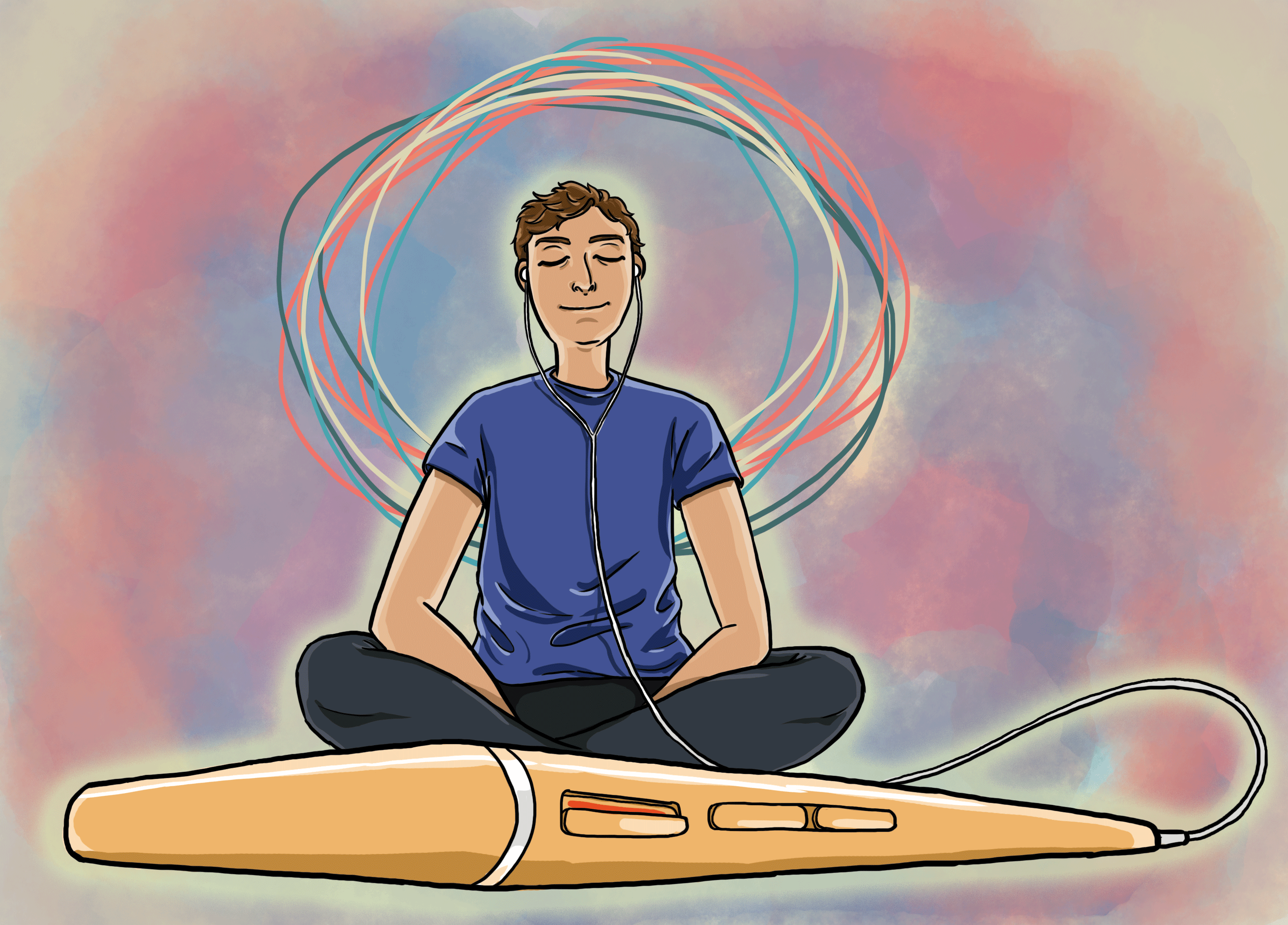Online resources may offer students additional assistance with mental health

(Alice Lu/Daily Bruin)
By Maddie Ostergaard
Oct. 22, 2018 1:09 a.m.
Online mental health applications can provide supplemental resources for students in need of additional support.
If the resources are well-vetted and and backed by scientific research, they can provide important information to students, said Nicole Green, the executive director of Counseling and Psychological Services.
“As long as they’re good and well-vetted and well-researched, and have good science behind them, I think it’s a wonderful way to get a lot of good information, lots of good ways to get mental health tools,” Green said.
Green also said resources can come in many forms, such as mobile meditation applications, online journals, mood tracking applications and videos such as TED Talks that address issues of mental health. Being aware of mental health through online resources may help students with early intervention and even prevention of certain mental illnesses such as depression and anxiety, Green said.
“Early intervention is key. … Prevention is always better than dealing with illness,” Green said. “You can get a lot of help from online resources.”
One online resource is Headspace, a digital mindfulness app that helps users meditate. Headspace aims to help students reduce stress, increase focus, improve happiness and maintain their mental health through meditation, said Sarah Romotsky, the head of health and science strategy at Headspace Inc. The app offers guided exercises to help users with different situations such as going to sleep or coping before a stressful event. It includes around 1,000 hours worth of meditation exercises varying in length.
Romotsky said they have seen an increase in college student membership since they launched a new discount for college students Sept. 10.
“We hope Headspace can be a personal pocket guide to health and happiness for students,” Romotsky said.
Rosa Nguyen, a second-year biochemistry student, said that she does not use any online mental health resources, but her father uses an online meditation timer. She added while online resources can be helpful, she thinks people should seek professional help if they need it.
“I think that they could be a helpful resource, but I don’t think that these kinds of apps could replace any in-person therapy that you could be getting instead,” Nguyen said.
Nguyen said she thinks mental health is extremely important for college students because they face stress in both school and extracurricular activities.
“I definitely think that mental health is an issue that is prevalent among college students just because of the expectations that we face, and students stress over grades and extracurriculars,” said Nguyen. “They might feel like they’re not meeting the expectations and the standards.”
One approach to mental health is not strictly better than another, Green said. She said she thinks tools can help people in various ways, and not all people respond to the same method of help and treatment.
“It depends on their level of distress, it depends on whether or not they’re using it in concert with other kinds of treatment,” said Green. “I think there’s more diversity there than just saying what’s better or worse.”
Green said she thinks the most important thing is that students use resources that have been thoroughly researched.
“I definitely think students should do their due diligence and do their own vetting,” Green said. “Not everything on the internet is healthy or good for you.”
Green added she thinks sometimes it is necessary for students and other individuals to seek outside help because self-assessment does not always work. For example, a student could think he or she is only dealing with procrastination, when in fact they are suffering from depression, she said.
“I really do think in some cases you should go in and talk to someone so you’re pointed in the right direction of what resources you need,” said Green.
With that in mind, experts and students agree that online resources can have positive effects on stress, focus and happiness if used as a supplemental mental health practice.


